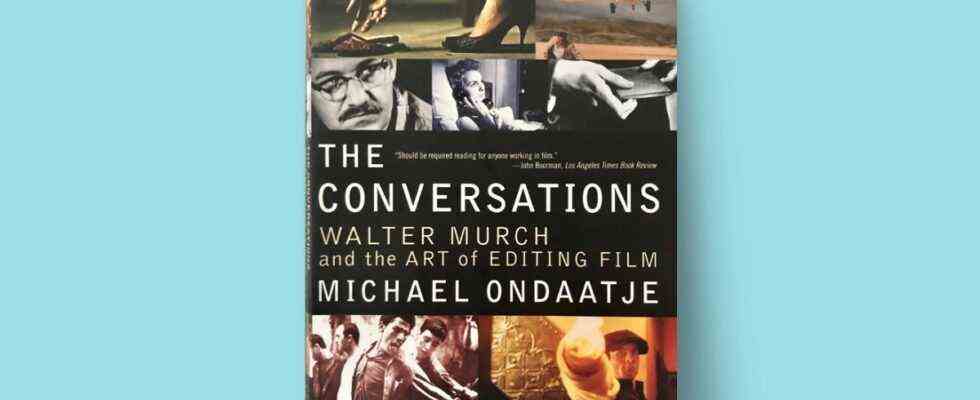Hardly anything is as fascinating as hearing people who love their work talk about it. Above all masters of their trade – like Walter Murch. As editor and sound designer, he worked on films such as “The Godfather”, “Apocalypse Now” and the film adaptation of Michael Ondaatje’s novel “The English Patient”. Ondaatje has made a book with him: “The Conversations” (“The Art of Film Editing – Conversations with Walter Murch”) – in which Murch tells incredibly eloquently and thrillingly about the adventure of filmmaking.
In the editing room, he believes that he found out that statistically, people blink the most frequently while pronouncing a non-vocalized consonant. For example on an s or f. For Murch, blinking means a good moment to cut. Because whatever caused the actor to blink exactly here, the viewer also feels it. In a film, if someone looks at the sea in silence, the length in which this view is shown is never arbitrary. In the editing room, Murch imagines what the character in the film is thinking about at this point. He thinks it over, so to speak, and so does the audience. And everyone always swings the same way, the duration is always felt to be correct by everyone in exactly the same length. Interesting, isn’t it? How people can empathize with each other.
Another anecdote by Murch illustrates the madness that filmmakers can fall into. It’s, of course, about Apocalypse Now. For one scene, Coppola had a somewhat surreal cricket sound in mind. Sound recordings in nature did not deliver the desired result. Finally a couple of crickets were caught, which Walter Murch recorded individually in his basement studio with the microphone as if they were Mariah Carey. Then he duplicated their chirping, laying track after track until he had a chorus of a thousand cricket-tone tracks, all chirping on the same pitch. (Elsewhere he once said that the crickets survived in his studio. Years later, it would have chirped behind some wall there, always at the most inopportune moment.)
You can find more episodes of the column “Nothing new” here.

